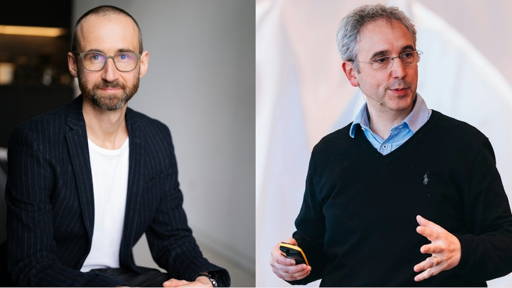OpenAI has established an international welfare council to advise on the mental health impact of ChatGPT and other AI applications. The council, called the Expert Council on Wellness and AI, consists of eight experts in the fields of psychology and technology. The reason for this is increasing criticism of the potential harm caused by AI advice, especially among young people. According to Ars Technica, it is striking that no suicide prevention specialist has been included, even though this is a particular cause for concern following a court case in which ChatGPT was linked to the suicide of a teenager.
Among other things, the council will advise on parental supervision and how ChatGPT can recognise when young people are in psychological distress. Despite the establishment of the wellness council, criticism remains. None of the current council members specialise in suicide prevention, while more than forty experts last month insisted on the involvement of experts with experience in suicide prevention.
OpenAI emphasises that it does collaborate with other parties, such as the Global Physician Network and policymakers. Nevertheless, the question remains whether this is sufficient to adequately address the risks to vulnerable users.
Leading researchers
According to OpenAI, the council consists of ‘leading researchers with decades of experience in how technology affects our mental health’. Members include:
- David Bickham (Boston Children's Hospital), an expert in social media and child health;
- Mathilde Cerioli (Everyone.AI), who specialises in the cognitive development of children who use AI;
- Munmun De Choudhury (Georgia Tech), who researches how online technology affects mental health.
Division
The Wellbeing Council has now held its first meeting. The focus was primarily on the positive possibilities of AI for mental wellbeing. For example, research is being conducted into how ChatGPT can contribute to strengthening social connectedness and emotional support, especially for users who have less access to help offline.
Experts are divided on the use of AI companion bots. Some see potential in offering low-threshold support, while others warn of the ethical risks of use by children and other vulnerable groups.
Global Physician Network
In addition to advice from the Expert Council on Well-Being and AI on general well-being policy, OpenAI is working with a multidisciplinary team of mental health experts within the Global Physician Network. This team, consisting of psychiatrists, psychologists, paediatricians and crisis intervention specialists, is helping to shape ChatGPT's behaviour and guidelines and is testing how the system responds in realistic situations.
The aim is to anchor the AI applications in clinical insights and recognised best practices. According to the company, more details will soon follow about the improvements made to the ChatGPT main model and the insights gained into how the technology can best support people.







